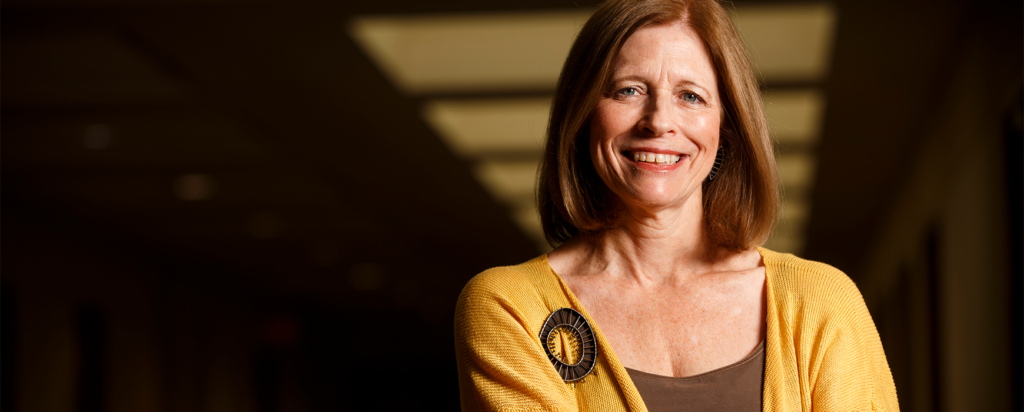By Penny White
Originally published in The Advocate, Summer 2016
“Ouch!” I wrote in a reply e-mail.
I had received a message from a judge asking me to take a look at a book he had written, which he described as “premised upon the fact that law school teaches nothing about how to try a case.”
Law schools are subject to many regulations, but among the most important are those that relate to the program of legal education offered by the school.
“Being as how I direct the oldest continually existing legal clinic in the world, where 85 percent of our students represent clients and go to court before they graduate,” I wrote in my reply, “and direct the Center for Advocacy and Dispute Resolution, which employs more than thirty lawyers and judges who teach our students every conceivable lawyering skill from interviewing and counseling, to voir dire, to closing argument; and teach Evidence, Trial Practice, Pretrial Litigation, and Negotiation, all in a concrete, applied format—ouch! Judge, I doubt I’d be a very objective reader of the book you describe.”
The judge’s premise continued to bother me. I did read some of his book—and I’ll likely read the rest, but one statement in the early paragraphs stuck: “The law student is taught in those three years what the rules are, not how to use them.”
Not so, judge. Maybe in your day and my day, but not anymore. Maybe at your law school, but not at ours.
Law schools are subject to many regulations, but among the most important are those that relate to the program of legal education offered by the school. The standards, promulgated by the ABA Section on Legal Education and enforced through various accreditation requirements, require that law schools establish learning outcomes that lead students to know and understand substantive and procedural law, as the judge’s criticism suggests, but law schools must also guide students in becoming competent at problem-solving, strategic planning, and professional skills. As part of the curriculum, all students must complete at least six hours of credit in “experiential courses.” Those courses may include simulations, clinics, externships, or field placements. Regardless of the format, the course must include an integration of doctrine, theory, and skills; multiple opportunities to perform professional skills and reflect upon professional responsibilities; and opportunities for periodic evaluation.
For more than twenty years, the center that I proudly direct has offered skills-based courses far beyond the traditional Trial Practice course that every law school offers.
While some law schools struggle to fit doctrinal courses into the experiential course requirement—by inserting a practical discussion here or there—others, like UT Law, have been pioneers in experiential learning. For almost seventy years, students at UT Law have represented clients in a range of disputes, both in and out of the courtroom. For fifteen years, our students have worked full-time in government offices, mentored by full-time state and federal prosecutors, public defenders, and government attorneys, receiving classroom credit for the experience. And for more than twenty years, the center that I proudly direct has offered skills-based courses far beyond the traditional Trial Practice course that every law school offers. Civil practitioners and judges teach our students Pretrial Litigation, requiring them to draft pleadings, develop case budgets, take and defend depositions, and argue motions for summary judgment. Lawyers from transactional and litigation backgrounds lead our course in Negotiation, in which the students negotiate every other week, simulating representation of buyers and sellers as well as counsel for buyers, sellers, and litigation clients. Their negotiations can be viewed in real-time by their faculty in a satellite location. Skilled counselors at law teach our Interviewing and Counseling course, where students learn that interviewing and counseling is skills-based, not innate.
Undoubtedly, our experiential courses can and will become more abundant and rich, but based on my observations and conversations with our alumni (see “Reflections,” page 1), we are on the right track. Of course, as I told the judge, objectivity is not my strong suit on the topic of whether our law school is preparing students for the practice of law. I and others would love to hear what you think. How might we better prepare law students for the practice? When you work with recent grads, what impresses you? What concerns you?
With your input, we will continue to blaze a trail as pioneers in graduating practice-ready lawyers.
